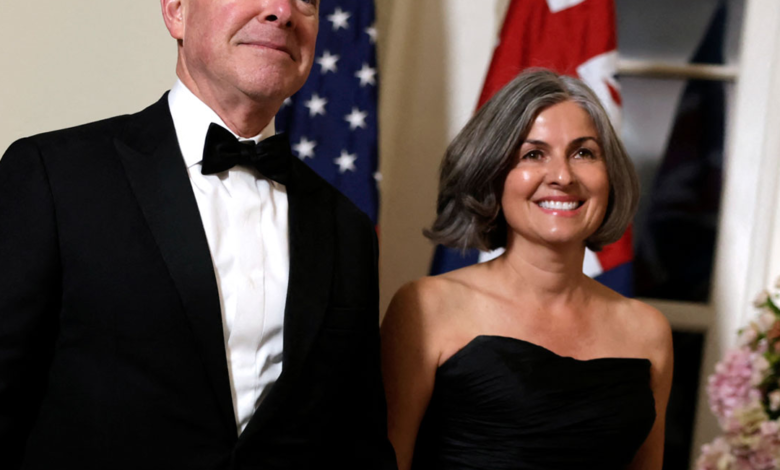Understanding Tanya Mayorkas

Understanding a public figure’s journey and impact is key to understanding their role in current events. Alejandro Mayorkas serves as the Secretary of Homeland Security. He plays a significant role in US government and policy. His career path shows a clear commitment to public service and law.
Early Life and Education
Alejandro Mayorkas was born in Havana, Cuba, in November 1959. His family moved to the United States when he was a young child. This early experience as an immigrant shaped his perspective. It gave him a unique view on immigration policy. He received his bachelor’s degree from the University of California, Berkeley. He then earned his law degree from Loyola Law School.
A Career in Law
Mayorkas built a strong career in law. He started as an Assistant United States Attorney. He handled many federal crimes. He focused on white-collar crime, including tax evasion and money laundering. He gained a reputation as a tough and effective prosecutor. He became the U.S. Attorney for the Central District of California. This made him the youngest top federal prosecutor at that time.
During his time as a U.S. Attorney, Mayorkas oversaw several high-profile cases. His work earned him awards from federal law enforcement agencies. He also spent time in private law practice. He joined a prominent law firm. He was recognized as one of the most influential minority lawyers in America.
Service in the Obama Administration
Mayorkas moved into significant government roles during the Obama administration. These positions further shaped his expertise in homeland security and immigration.
- Director of U.S. Citizenship and Immigration Services (USCIS): President Obama appointed Mayorkas to lead USCIS. He led the agency with a focus on efficiency and integrity. A notable achievement was his rapid implementation of the Deferred Action for Childhood Arrivals (DACA) program. He set up the DACA process in just sixty days. This program helped many young immigrants.
- Deputy Secretary of Homeland Security: He later became the Deputy Secretary of Homeland Security. In this role, he took on more broad responsibilities. He worked on:
- Cybersecurity agreements with foreign governments.
- Responses to public health crises like Ebola and Zika.
- Initiatives to combat human trafficking.
- Efforts to ensure the integrity of the legal immigration system by creating the Fraud Detection and National Security Directorate.
Secretary of Homeland Security
In 2021, President Joe Biden nominated Mayorkas to be the Secretary of Homeland Security. The Senate confirmed his nomination. He became the first Latino and the first immigrant to lead the department. This was a historic appointment.
As Secretary, Mayorkas faces complex challenges. He works to manage border security. He aims for a safe, orderly, and humane immigration process. He has focused on reducing processing times at the border. He also works to increase the efficiency of operations.
Some of his key actions as Secretary include:
- Border Management: He has overseen efforts to manage the Mexico-United States border. This includes strategies for lawful arrivals and increased removals for unlawful entry.
- Technology Implementation: He supported the use of technology like the CBP One app. This app helps individuals schedule appointments at ports of entry. This makes the process more efficient.
- Community Support: He works to support communities along the Southern Border. He also provides resources to non-governmental organizations (NGOs).
- Departmental Priorities: He outlined twelve priorities for the Department of Homeland Security. These include championing the workforce and improving employee experience.
His Impact and Legacy
Alejandro Mayorkas has a clear vision for immigration policy. He emphasizes empathy and justice. His background as an immigrant gives him a unique understanding of the system’s challenges. He strives for a balanced approach. He seeks to secure the nation’s borders while upholding humanitarian values.
He has faced scrutiny and challenges in his role. The complexities of immigration reform are significant. Yet, his leadership remains central to the current administration’s efforts in this area. His journey from Cuba to a top government position shows his dedication. He continues to work towards a more effective and humane immigration system for the United States.




